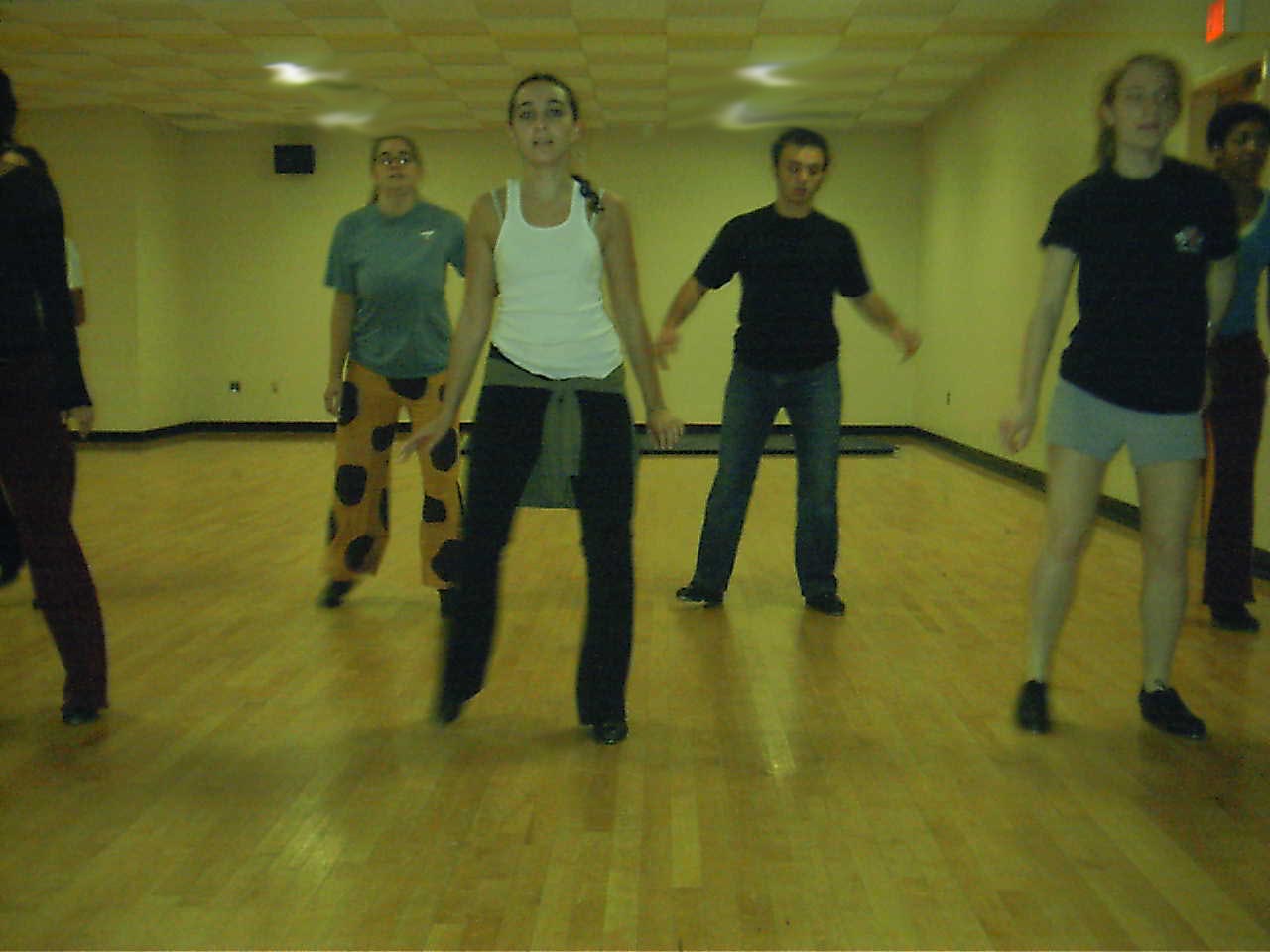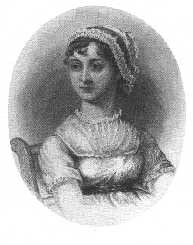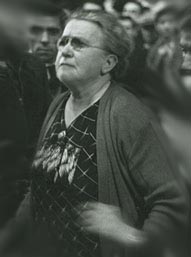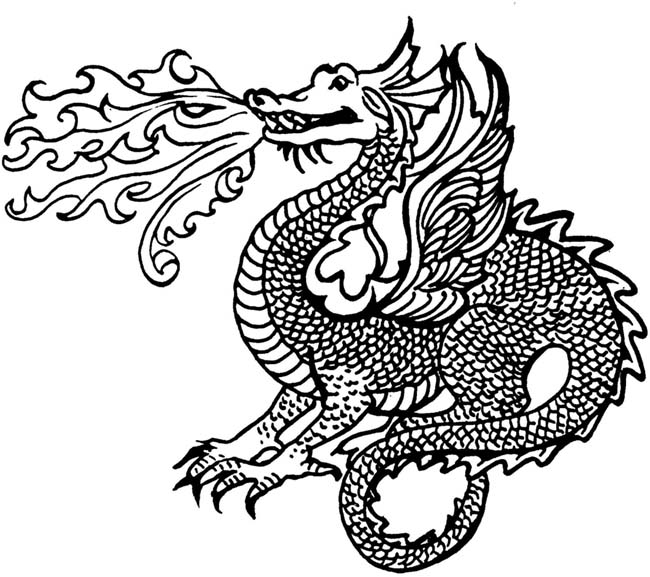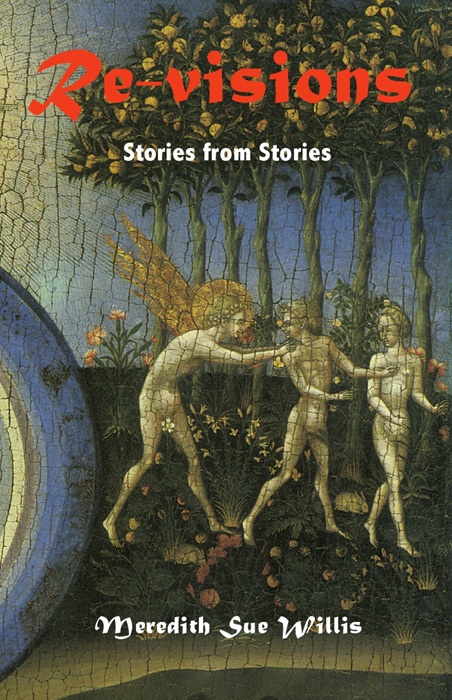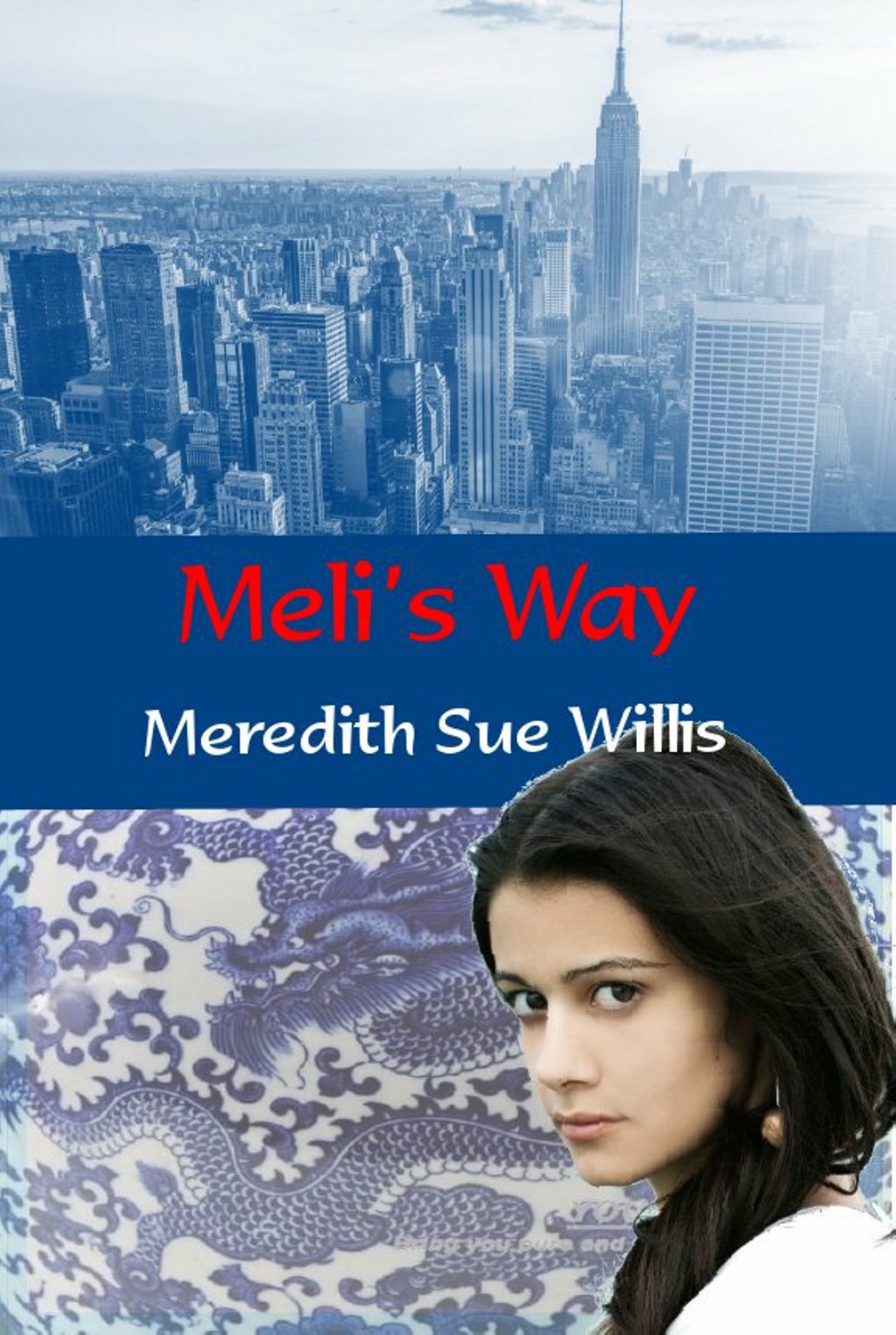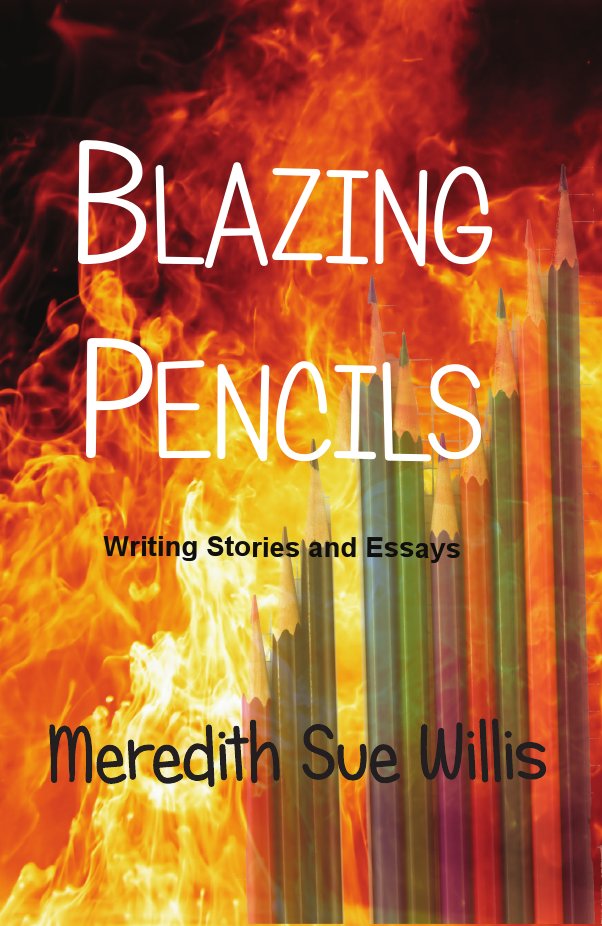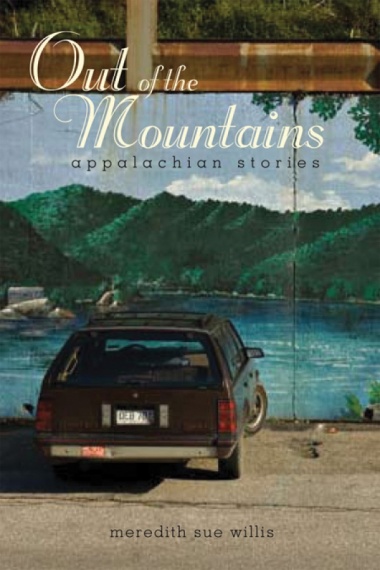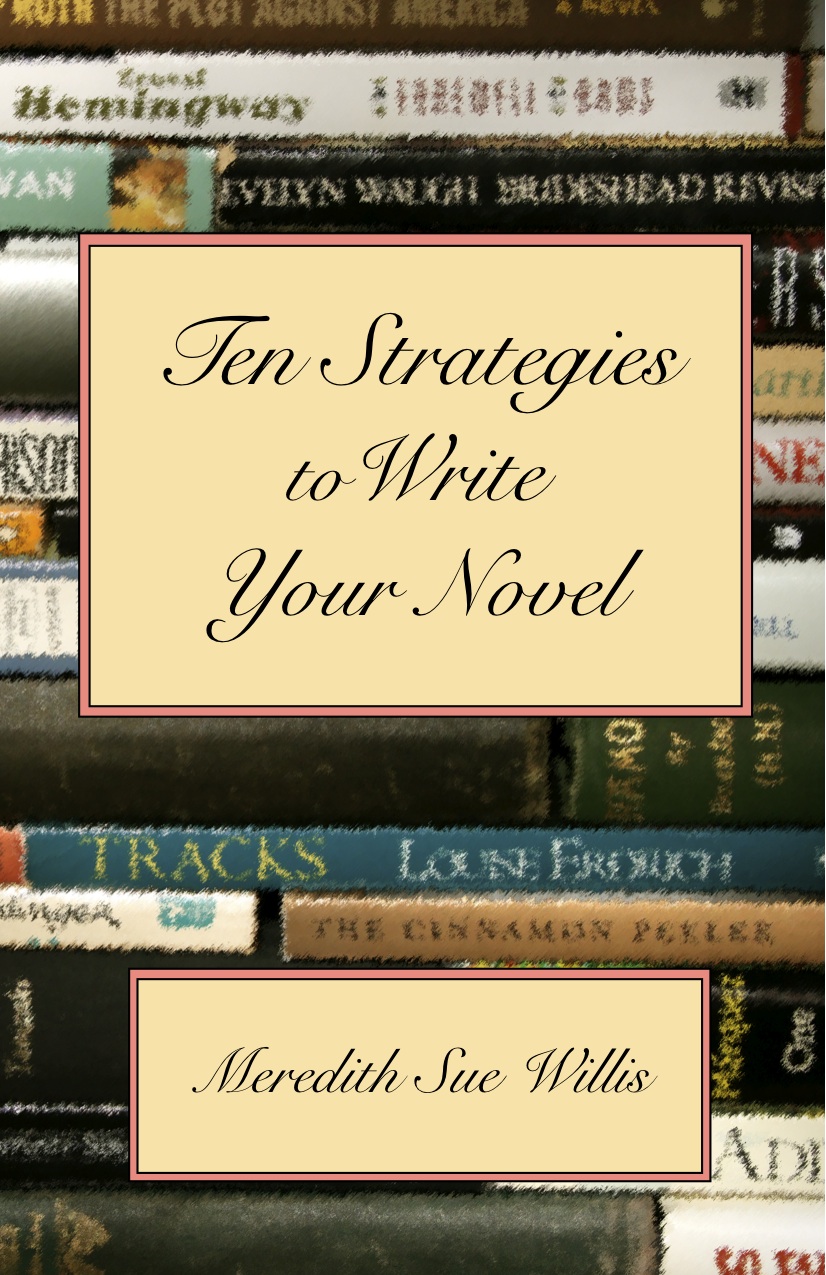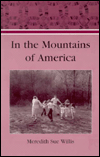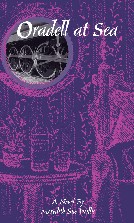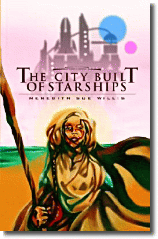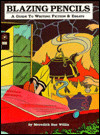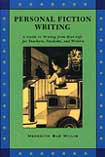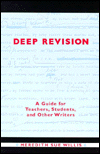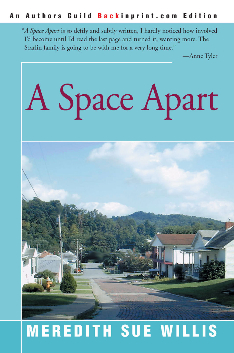Current Exercise
Writing Exercises 81 - 100 are on this page.
Exercises 1- 20
Exercises 21- 40
Exercses 41 - 60
Exercises 61-80
Exercises 81-100
Exercises 101 - 120
Exercises 121 - 140
Exercises 141 - 160
Exercises 161 - 180Exercises 181 - 200
Exercises 201 - 240
Exercises 241 - 260
Exercises 261 - 300
Exercises 301 - 330
Write about something embarrassing that once happened to you (or, if you're writing fiction, to your main character). Write it once as a cheerful letter or email to someone who you (or your character) doesn't want to know how painful it was: make this version humorous or light. Then write a journal or interior monologue version in which it is explored more fully and deeper.
Exercise #82
Did you ever take a dance class?
Did you ever want to?
Write a personal narrative about yourself and dancing...
Exercise #83
Write a gender memoir of yourself. Include whatever you want, but you might include things like: when did you begin to notice male and female? Did you think there were two genders or more? Maybe women, men, boys, & girls? What about animals? Did you always embrace everything about your gender? What did you like best about your gender? What did you wish you could do/have that the other gender got to do/have but not yours? When you were a boy in third grade, did you secretly like and reject pink shirts as girlish? How did you feel in middle school about your body?
Exercise #84
Set a timer for ten minutes. Think of some public figure you admire or once admired and use that person as a jumping off point for writing. Write about the person, or to the person. This could be a film star or a politician. Just start writing about that person, keeping your pen or fingers on the move, repeating a word if you get stuck, writing everything you can think of about the person. If you go off on a tangent, that's fine. Don’t worry about cleverness or repetitiveness.
When your time is up, look over what you wrote. Choose one phrase or sentence or idea, set the timer again, and write again.
This time, when the time is up, look over what you've written as if it were a pile of ore to be smelted into metal. Is there material here for an essay? A memoir? Something you can use in a fiction project? Something that you can continue in your usual writing process?
Exercise #85
Observe, or have a character observe, a person doing some small action. Maybe you are a child watching your father fix a broken radio, or maybe you’re waiting to have your hair cut and watching the hairdresser work on the customer ahead of you. Write a detailed description of the actions of the person at work. Notice each thing their hands do. Try to reconstruct it in the fullest possible detail.
Exercise #86
Here’s an example of an indirectly told but very funny scene by the inimitable Miss Jane Austen. In this scene, a conversation about conversation is summarized. Try such a scene of your own-- a summarized scene without no directly quoted dialogue.
Conversation...was not wanted, for Sir John was very chatty, and Lady Middleton had taken the wise precaution of bringing with her their eldest child, a fine little boy about six years old, by which means there was one subject always to be recurred to by the ladies in case of extremity, for they had to inquire his name and age, admire his beauty, and ask him questions, which his mother answered for him, while he hung about her, and held down his head, to the great surprise of her ladyship, who wondered at his being so shy before company, as he could make noise enough at home. On every formal visit a child ought to be of the party by way of provision for discourse. In the present case it took up ten minutes to determine whether the boy were most like his father or mother, and in what particular he resembled either; for of course everybody differed, and everybody was astonished at the opinion of the others.
—Jane Austen, Sense and Sensibility, chapter 6.Exercise #87
Here's a revision exercise. Take a piece (an essay, a chapter, a scene) that you think is pretty close to finished. Copy it to a new file, or a new sheet of paper (however you like to work). Do a word count, and then cut away one quarter of the words. Yes, cut your precious work until it is only three-quarters of what it was.
Dare you try again and bring it down by one-third? Is one-half a possibility?
Sometimes an arbitrary assignment like this will help you tighten. You are forced to make choices, lose some adjectives and adverbs, move closer to the heart of what you have to say.
Exercise #88
As a way of visualizing a dialogue scene and making it sharper, try this "blocking". In your mind, or better, on a scrap of paper, map out the scene. Figure out where the furniture (or outdoor objects) are, and then where the individuals are standing. Do they pace or shift position as they speak? Does one cross in front of another? Does someone turn her or his back? Write it in more detail you might ordinarily write. Then lay it aside, come back later, and cut out anything that is not vital to the action.
Exercise #89
She is making a speech. It is her chance
to say something she has been waiting
to say for many years. She says, .......(if you are curious about who she is, click here, after you write).
Exercise #90
Here's a challenge. Take the following four lines and do anything you want to with them. Add material before them, add how things are said, turn them into a monologue instead of a dialogue-- do absolutely anything you want, just so you embed these words in what you write. This is especially challenging if you try to put the words into a novel or story you are already working on.
It's been a long time.
Yes.
Is this it?
I guess it is.
Exercise #91
We found it in the attic one rainy afternoon. We had never seen anything like it....
[For source of the image, click here-- but write about it first]
Exercise #92
You, someone you know, or a character, have a new article of clothing. Describe it, showing how it feels or what it means. Here's a sample from M. Scott Momaday's novel House of Made of Dawn in which shoes the character thinks at first are beautiful begin to feel ridiculous to him:
He was wearing a pair of brown-and-white shoes which fat Josie had given to him. They had belonged to a man for whom fat Josie’s daughter had worked as a housekeeper in the city. The man died and his widow gave away his clothes. The shoes were beautiful, almost new, thin-soled, sharply pointed, with angles and whorls of perforation. There were metal taps on the heels, and the leather creaked. They were too large for Abel, but he wore them anyway, had waited a long. time for the occasion to wear them. And now and then in the bus he looked at them, would slide the instep and toe of one and then the other along the backs of his legs to removed the dust and bring out the shine, would flex the soles to hear them squeak.
But the shoes were brown and white. They were new, almost, and shiny and beautiful; and they squeaked when he walked. In the only frame of reference he had ever known, they called attention to themselves, simply, honestly. They were brown and white; they were finely crafted and therefore admirable in the way that the work of a good potter or painter or silversmith is admirable: the object is beautiful in itself, worthy of appreciation as a whole and for its own sake. But now and beyond his former frame of reference, the shoes called attention to Abel. They were brown and white; they were conspicuously new and too large; they shone; they clattered and creaked. And they were nailed to his feet. There were enemies all around, and he knew that he was ridiculous in their eyes.
Exercise #93
What does a dragon mean to you? If a person you see is wearing a leather jacket with a colorful dragon painted on the back, what do you think that signifies? What about a web page with a dragon logo? If you were to design your own dragon logo, what would it look like? How about, if you're working on a fiction project, putting a dragon into your story: maybe someone has a dream of a dragon, or wonders about the dragon on the man's leather jacket or-- what?
Exercise #94
Write a scene in which a person receives a letter from the past. Start with a slow physical description of the letter itself: Does the person recognize the handwriting or typing with all the o's faded out? Is there a smell? Anything special about the stamp or postmark? In other words, focus first on recreating the experience of the letter itself, which is also the experience the person has as he or she holds it. What place is the character in? What mood? Is the person hungry?
Exercise #95
Put a book in your story. Your character might be wandering in a library, or in a fit of anger throwing a book at someone, or opening a favorite cookbook. If you are writing a memoir, write about your interaction with some book in the past, perhaps one you loved or one you hated. The following example is from one of my novels. The character, a teenager, is made up, but the incident happens to be fairly autobiographical:
That Christmas holiday began with my complete absorption in a book I pulled off the shelf at the Women’s Club Library, a grim, dusty-magenta old volume that had been checked out many times, but not since 1958. This gave me the sense that I had discovered the book, even though it must have been at least vaguely famous to have been translated from the Russian. The name of the book was Crime and Punishment, and I took it out thinking it was a prison novel, perhaps on the lines of Andersonville, but the horrors would have to be even worse, I thought, if it took place in Russia. Almost as soon as I started reading it, the name Dostoevsky seemed to e popping up everywhere, in Time magazine, in other books, even once on the “Tonight Show.” The name was often linked with Tolstoy’s, although for several months, until I discovered War and Peace, I thought Tolstoy was a revolutionary with glasses and a goatee.
Between total immersions in the book, I accused Mother of not having prepared me properly, of not having the right books in the home for my education. I’ve heard of Dostoevsky, she said; and Tolstoy too, but I went to a teacher’s college during the Depression. I was supposed to learn American literature and techniques for teaching grammar. We were lucky to get Shakespeare.
Still I blamed her whenever I lost the thread of the prose. Sometimes I wouldn’t know what was going on for two or three pages, and I would go into a blind rage at my ignorance, at how she had taught me nothing I really needed. Finally I would sink in again, under the surface and only come up again when Mother called me to come and chop eggs for the tunafish salad, or when Daddy tapped on my door wanting a hand installing the new bathroom heater.
Then I would walk through the house carefully, touching the walls with my fingertips for balance, because they seemed to curve in toward the ceiling, and the shadows to grow deeper as I passed, hastily concealing crevices packed with enemies hunting for me.
– Meredith Sue Willis, Higher Ground
Exercise #96
You (or a character you are writing about) open a drawer. It is not your drawer, but someone else's, perhaps a stranger's, perhaps your dead grandmother’s, perhaps your lover’s. Inside you find...
My grandmother had kept, in the bottom drawer of the chest of drawers, a collection of things, memorabilia, balls of twine, Christmas candles, and odd socks. Lucille and I used to delve in this drawer. Its contents were so randomly assorted, yet so neatly arranged, that we felt some large significance might be behind the collection as a whole. We noted that the socks, for example, all appeared unworn. There was a shot glass with two brass buttons in it and that seemed proper. There was a faded wax angel that smelled of bayberry, and a black velvet pincushion in the shape of a heart, in a box with a San Francisco jeweler’s name on it. There was a shoebox full of old photos, each with four patches of black, felty paper on the back. These had clearly been taken from a photograph album, because they were especially significant or because they were not especially significant. None of them was of a person or a place we knew. Many were of formally dressed gentlemen posing in front of a rose arbor.
-- Marilynne Robinson in HousekeepingExercise #97
Write the story of a family meal. This can be your family or a family you wish you had been part of, or a totally fictional family. Is the meal a happy occasion? What is being eaten? Do underlying tensions cause flare-ups over small disagreements? Write what is served, how it is served, where it is served, what the family talks about-- and what they are really talking about.
Exercise #98
Write another scene with a group of people in it. This time, concentrate on the physical position of the observer. As the point-of-view character (or you, if it's memoir) walks into the room, what does he or she notice first? Next? What only comes into focus later? Perhaps your character is sitting so that other people are the ones moving around. Is it what is seen that is most important or the rumble of voices, the bursts of laughter? What about smells and other senses?
Exercise #99
Put a knife in your piece of writing. If it is fiction, have someone set a table or find a hunting knife in the barn. If you are writing memoir, consider your own experience with knives: scaling fish? polishing the silver? spreading peanut butter?
Exercise #100
Take a scene from your fiction or memoir that you've been having some trouble with. Try writing it in a very different way. Change the point of view, or, if you have been writing it very close up and intimately, try writing with more distance, as if it's being seen from a great distance-- perhaps with the perspective of twenty years having passed.
The woman in the photograph is Emma Goldman, the great anarchist. She is in Barcelona during the Spanish Civil War in the late 1930's.
Subscribe to Meredith Sue Willis's Free Newsletter
for Readers and Writers:
Send email to MSW
New Book Deal!
Special Price on Meredith Sue Willis's new book of stories from myths and other stories: Re-Visions. Regular Price $14.95 plus S&H now $13.00 plus S&H.
Click on the Book or here.Re-visions: Stories from Stories is a collection of spin-offs from myth, fiction, and the Bible. From a new look at Adam and Eve and why they left the Garden to a grown-up Topsy from Uncle Tom's Cabin to the confessions of SaintAugustine's concubine- each story offers a gloss on the original as well as insights into how we canlive today.
Photos found on the various pages of this web site may be used by anyone,
but please attribute the source when it is specified.
This work is licensed under a Creative Commons Attribution-NonCommercial-ShareAlike 3.0 Unported License.
